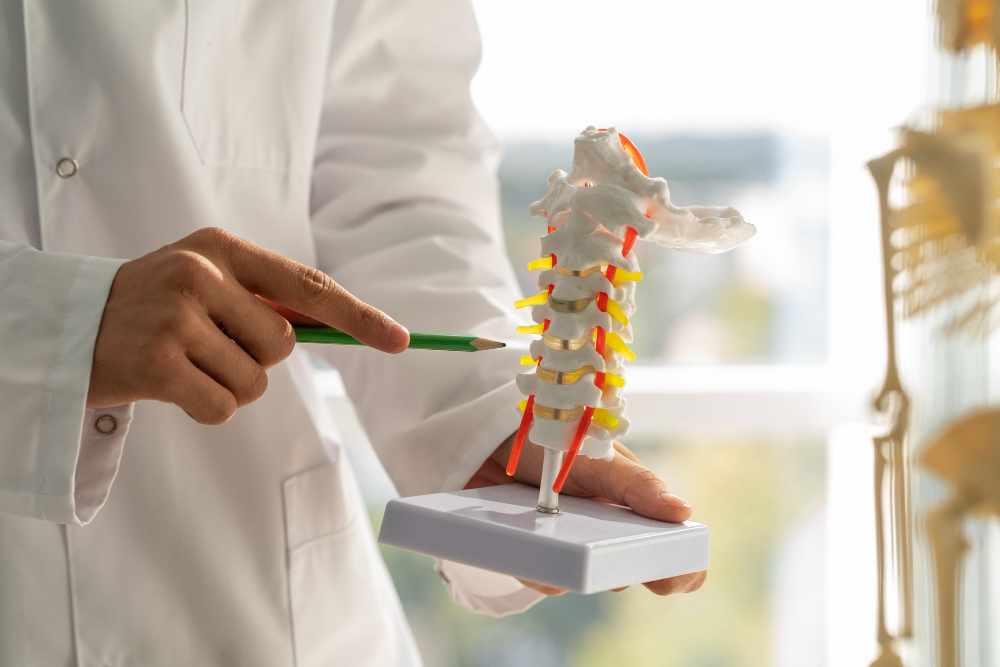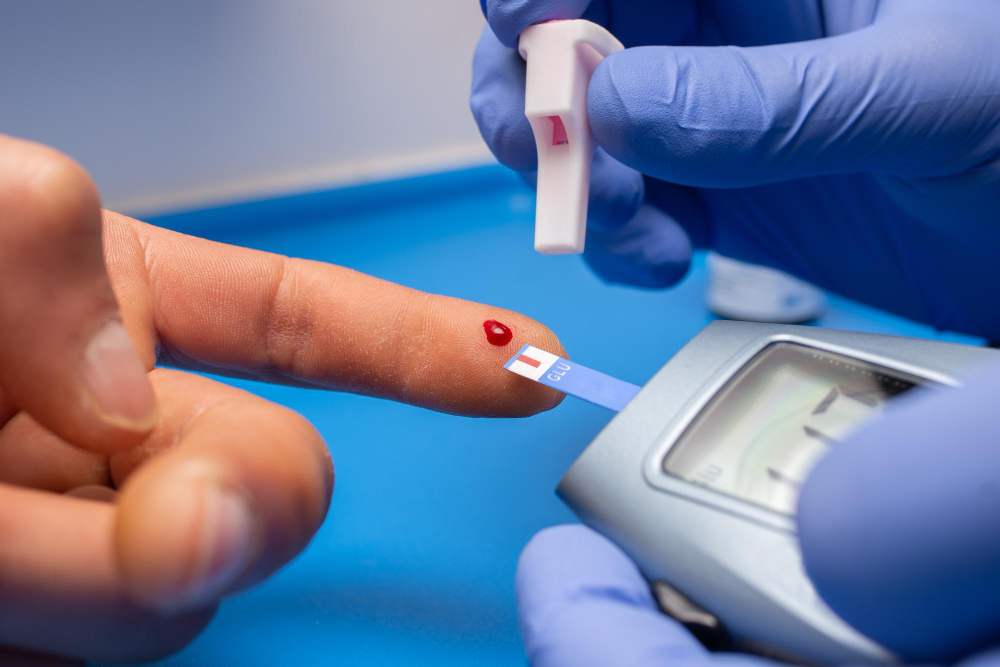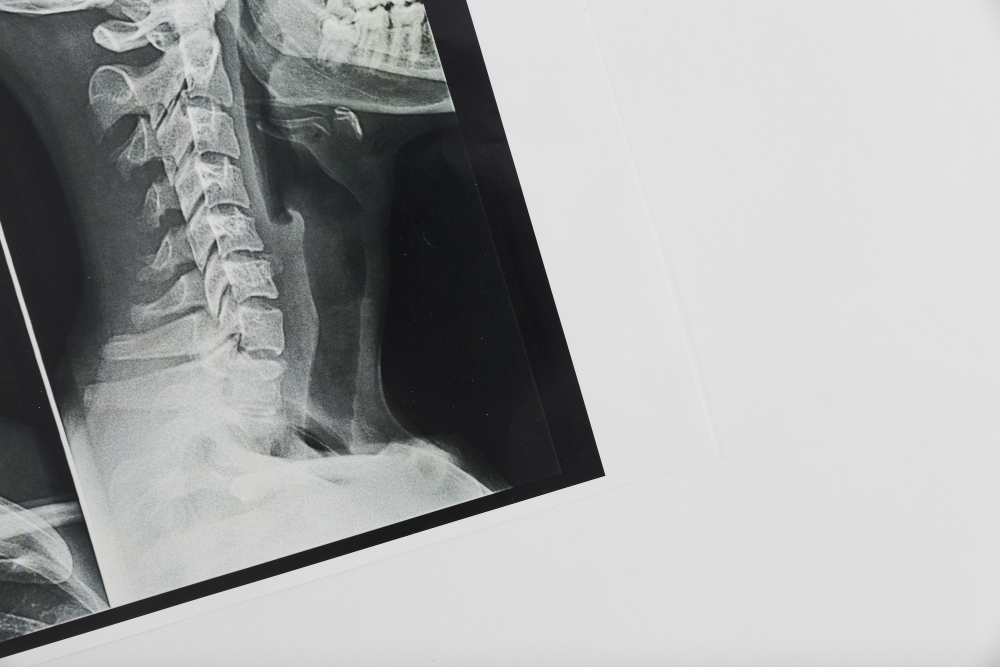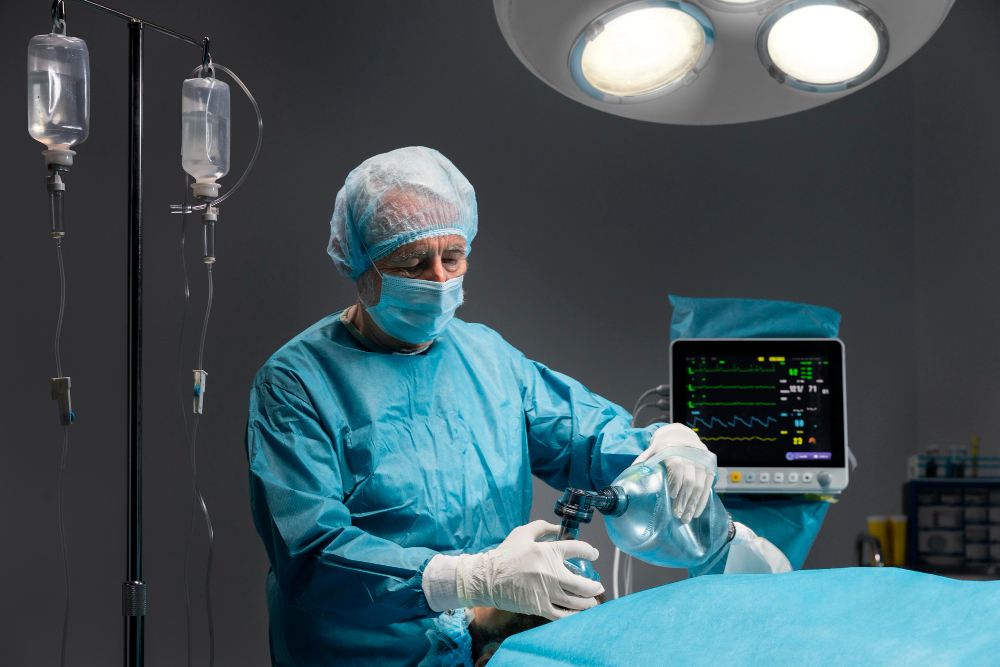Services
Our Specialities

Orthopaedics
Orthopaedics specializes in diagnosing, treating, and preventing conditions affecting the musculoskeletal system, including bones, joints, ligaments, tendons, and muscles. Orthopaedic surgeons utilize surgical and non-surgical methods to address fractures, sports injuries, arthritis, spinal disorders, and more, aiming to restore mobility, alleviate pain, and improve patients' quality of life.

Ophthalmology
Ophthalmology is the medical specialty focused on the diagnosis, treatment, and prevention of disorders and diseases of the eye. Ophthalmologists are trained to perform eye exams, prescribe corrective lenses, diagnose and treat eye conditions such as cataracts, glaucoma, and macular degeneration, and perform eye surgeries when necessary to restore or improve vision.

Diabetology
Diabetology is a specialized branch of medicine dedicated to the study, diagnosis, and treatment of diabetes mellitus. Diabetologists focus on managing all aspects of diabetes, including type 1 diabetes, type 2 diabetes, gestational diabetes, and other forms. They aim to control blood sugar levels, prevent complications, and improve the quality of life for diabetic patients through medication, lifestyle modifications, and education.

Obstetrics and Gynecology
Obstetrics and Gynecology (OB/GYN) is a medical specialty that focuses on the health of the female reproductive system. Obstetricians specialize in pregnancy, childbirth, and postpartum care, ensuring the health and well-being of both mother and baby. Gynecologists focus on diagnosing and treating conditions of the female reproductive organs, such as menstrual disorders, infertility, pelvic organ prolapse, and cancers. Together, OB/GYNs provide comprehensive care across a woman's reproductive lifespan, from adolescence through menopause and beyond.

Critical Care
Critical Care Medicine is a specialized branch of medicine focused on the management and treatment of critically ill patients who require intensive monitoring and therapy. Critical care physicians, also known as intensivists, are trained to provide life-saving interventions for patients with severe injuries, acute medical conditions, or those recovering from major surgeries. They oversee complex medical treatments such as mechanical ventilation, hemodynamic support, and organ support systems in intensive care units (ICUs). Critical care aims to stabilize patients, prevent complications, and facilitate recovery, often working in multidisciplinary teams to ensure comprehensive and specialized care for each patient.

X-Ray
X-ray technology is a fundamental diagnostic tool in medicine that uses electromagnetic radiation to produce images of the inside of the body. It is commonly used to visualize bones, detect fractures, assess joint injuries, and identify abnormalities in organs such as the lungs or abdomen. X-rays are quick, painless, and non-invasive, making them invaluable for diagnosing a wide range of medical conditions and guiding appropriate treatment plans.

Lab
A medical laboratory, or lab, is a vital facility where clinical tests and analyses are conducted on patient specimens to aid in the diagnosis, monitoring, and treatment of various medical conditions. These tests can include blood tests, urine analysis, microbiological cultures, genetic testing, and more. Medical laboratories play a crucial role in providing accurate and timely information to healthcare providers, helping them make informed decisions about patient care.

Pharmacy
A pharmacy is an essential part of healthcare facilities where medications, prescriptions, and healthcare products are dispensed to patients. Pharmacists play a critical role in ensuring the safe and effective use of medications by providing expert advice, counseling patients on proper usage and potential side effects, and verifying drug interactions. Pharmacies also stock over-the-counter medications, medical supplies, and sometimes specialty items to meet various healthcare needs conveniently onsite.

Laminar Operation Theatre
A laminar operation theatre (OT) is a specialized sterile environment designed for surgical procedures. It features advanced air filtration systems that create a laminar airflow, where air moves in a unidirectional flow to minimize airborne contaminants. This helps reduce the risk of surgical site infections and maintains a clean environment crucial for complex surgeries. Laminar OTs are equipped with state-of-the-art surgical instruments and monitoring equipment to ensure optimal conditions for surgical teams to perform procedures safely and effectively.

24/7 Emergency Services
24/7 Emergency Services at our hospital ensure that immediate medical assistance is available around the clock, every day of the year. Our dedicated team of healthcare professionals is ready to respond swiftly to any medical emergency, providing critical care and stabilization to patients in urgent situations. Whether it's trauma, acute illness, or any other medical crisis, our hospital's commitment to 24/7 emergency services ensures that patients receive prompt and expert care when they need it most.